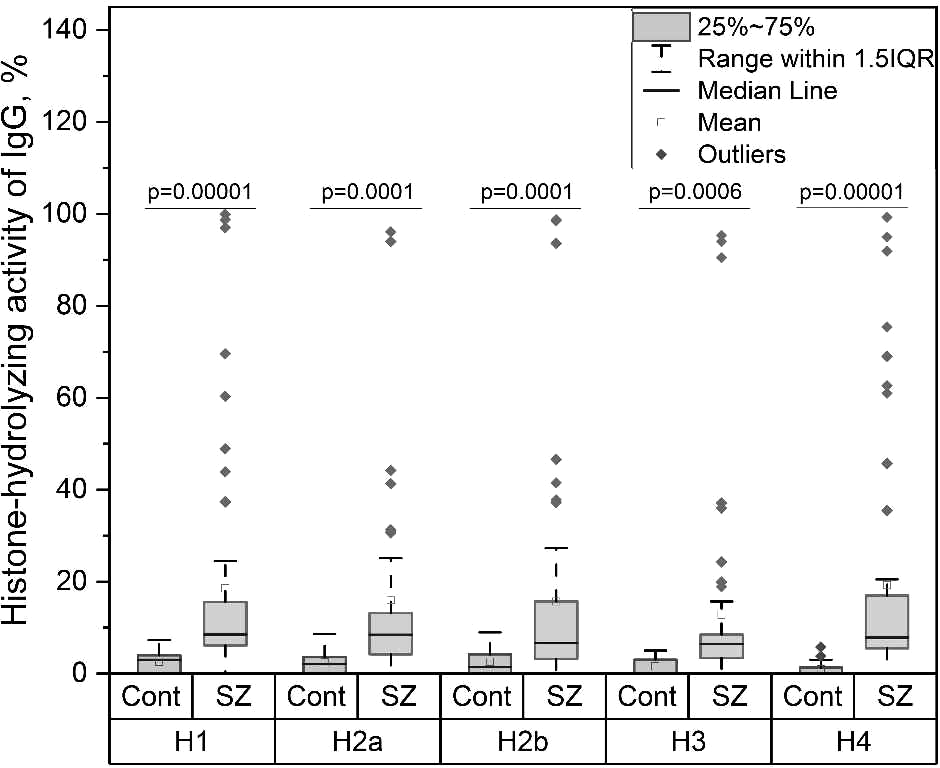The present study aimed to investigate the effect of supplemental genistein (an isoflavonoid) on performance, lymphoid organs’ development, and cellular and humoral immune responses in broiler chicks. A total of 675-day-old male broiler chicks (Ross 308) were randomly assigned to the five replicate pens (15 chicks each) of nine experimental diets. Dietary treatments included a negative (not-supplemented) control diet, two positive control groups (virginiamycin or zinc-bacitracin, 20 mg/kg), and diets containing 10, 20, 40, 80, 160 and 320 mg/kg of genistein. The cutaneous basophil hypersensivity (CBH) test was measured at day 10 of age after toe web injection with phytohemagglutinin-P. In addition, sera samples were collected after different antigen inoculations to investigate antibody responses. At day 28 of age, three randomly selected birds from each pen were euthanized to evaluate the relative weights of lymphoid organs. Results showed that dietary supplementation of both antibiotics increased (P<0.01) feed intake during 1 to 42 days of age. Furthermore, daily weight gain was influenced (P<0.01) by dietary treatments throughout the trial, so that the birds fed on antibiotics and 20 to 80 mg/kg genistein diets revealed the greater weight gains compared with other experimental groups. The best (P<0.05) feed conversion ratio assigned to the birds fed on diets containing antibiotics and moderate levels (40 to 80 mg/kg) of genistein. Although the relative weights of thymus (P<0.05) and bursa of Fabricius (P<0.01) were greater in birds fed on genistein-supplemented diets compared with antibiotics-supplemented birds, the spleen weight was not affected by experimental diets. Similarly, CBH response and antibody titers against Newcastle and infectious bronchitis disease viruses were markedly (P<0.05) greater in chicks fed on diets supplemented with 20 to 80 mg/kg of genistein. Interestingly, the higher dosages of genistein suppressed CBH and antibody responses to the levels seen by control and antibiotics chicks. Dietary inclusion of genistein increased (P<0.05) lymphocytes and subsequently reduced (P<0.01) heterophil to lymphocyte ratio. The present findings indicate that dietary genistein supplementation at the levels of 20 to 80 mg/kg not only improves growth performance, but also could beneficially affect immunological responses in broiler chicks.


